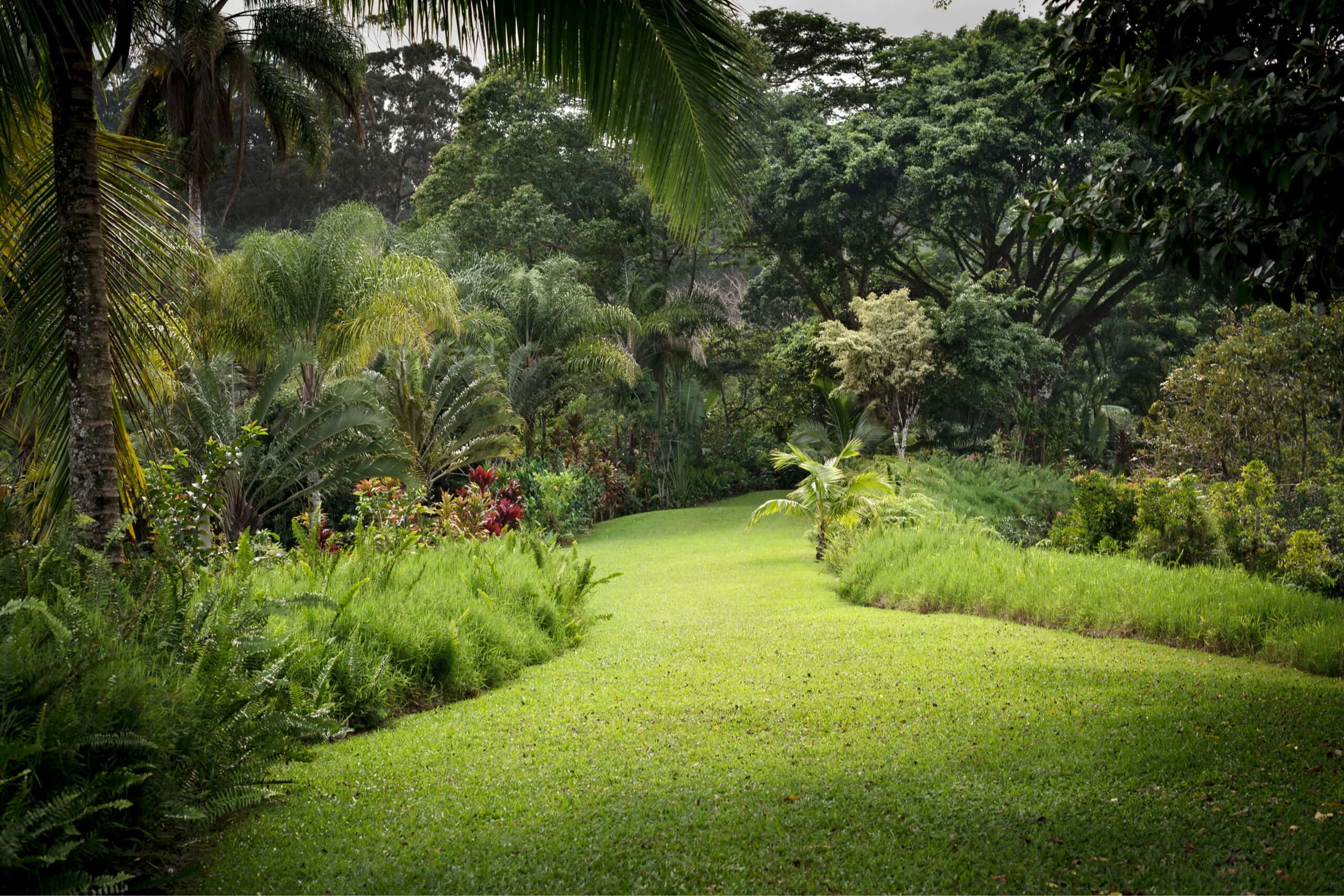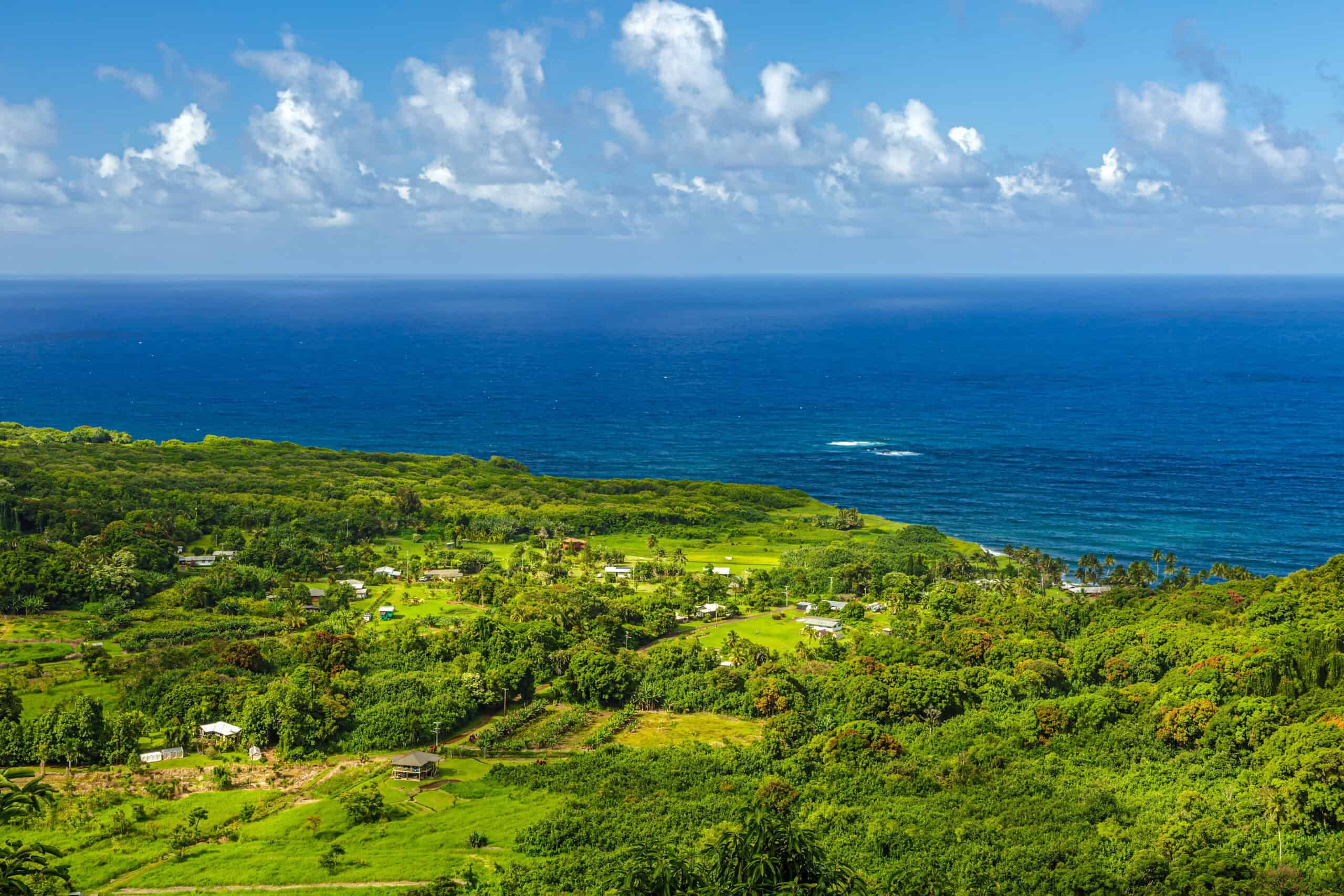Maui is known for its beautiful beaches and array of family-friendly, five-star, and budget resorts. But its reputation extends beyond the sand, offering a unique window into the natural wonder of our island. For nature lovers and outdoor enthusiasts, Maui is home to a network of hiking trails, each contributing to the island’s rich geological and cultural history in their own way.
Our guide of the top hiking trails on Maui is meant to inspire even the most timid hikers to explore and enjoy the flora and fauna that call Maui home. And it wouldn’t be complete without the ins and outs of everything you should know about hiking on Maui, like what to ask and what to bring. We know you’ll bring a bathing suit for your one day, week, or month long trip to Maui, but make room for some hiking gear too.
Best Hiking Trails in Maui
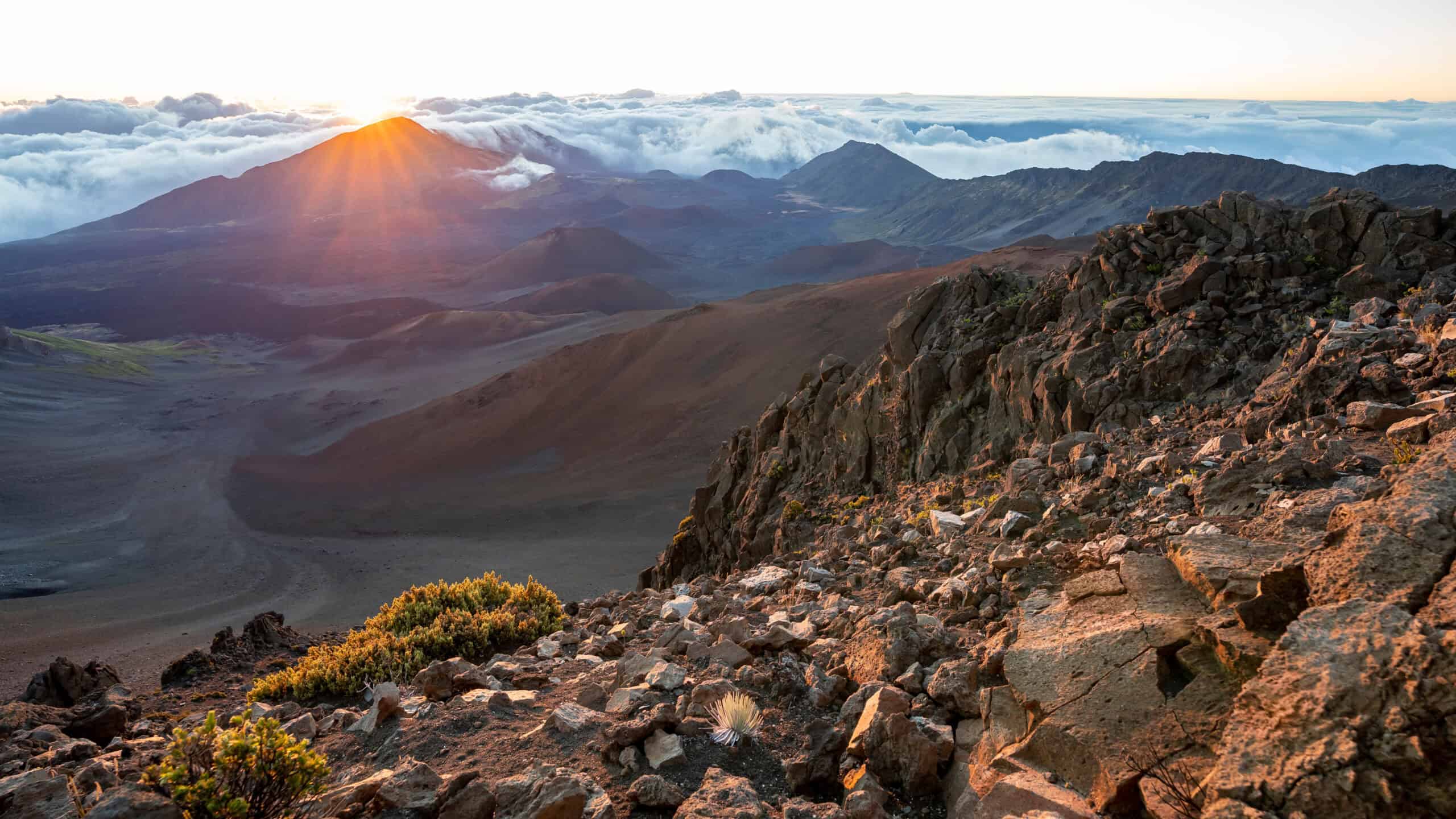
Haleakalā National Park
Haleakalā National Park offers a number of hikes for you to explore and is home to the only active volcano on Maui called Haleakalā, or the East Maui Volcano. There are two districts you can explore—the Summit District and the Kīpahulu District.
The Summit District offers moderate to challenging hikes and explores the volcanic crater. For early risers, you can witness the sunrise at Haleakalā Crater, although due to limited access you do need a permit. For longer, more challenging hikes, you can trek along the Sliding Sand Trail, also called the Keonehe’ehe’e Trail, which takes you into the crater, or the Halemau’u Trail, which offers panoramic views and a chance to explore the crater floor. Both of these hikes are around 7.5-miles long.
Kīpahulu District has easier to moderate-level hikes, showing off Maui’s forest and waterfalls. Seven Sacred Pools Trail (Ohe’o Gulch) is an easy 1.5-mile trail through a bamboo forest that leads to a series of cascading pools, and the 4-mile Pipiwai Trail leads to the beautiful Waimoku Falls and offers stunning views of the rainforest.
Waihe’e Ridge Trail
The Waihe’e Ridge Trail is a popular choice for hikers looking to challenge themselves in the West Maui Mountains. This 2.5-mile out-and-back trail offers stunning views, making it a favorite for hikers. You’ll climb through a cattle pasture, then through a dense rainforest, and then into drier terrain, offering glimpses of the Waihe’e Gorge and the cascading Makamaka’ole Gulch Falls. As you reach higher elevations, the rainforest canopy thins, revealing breathtaking panoramic vistas.
ʻĪao Valley State Park
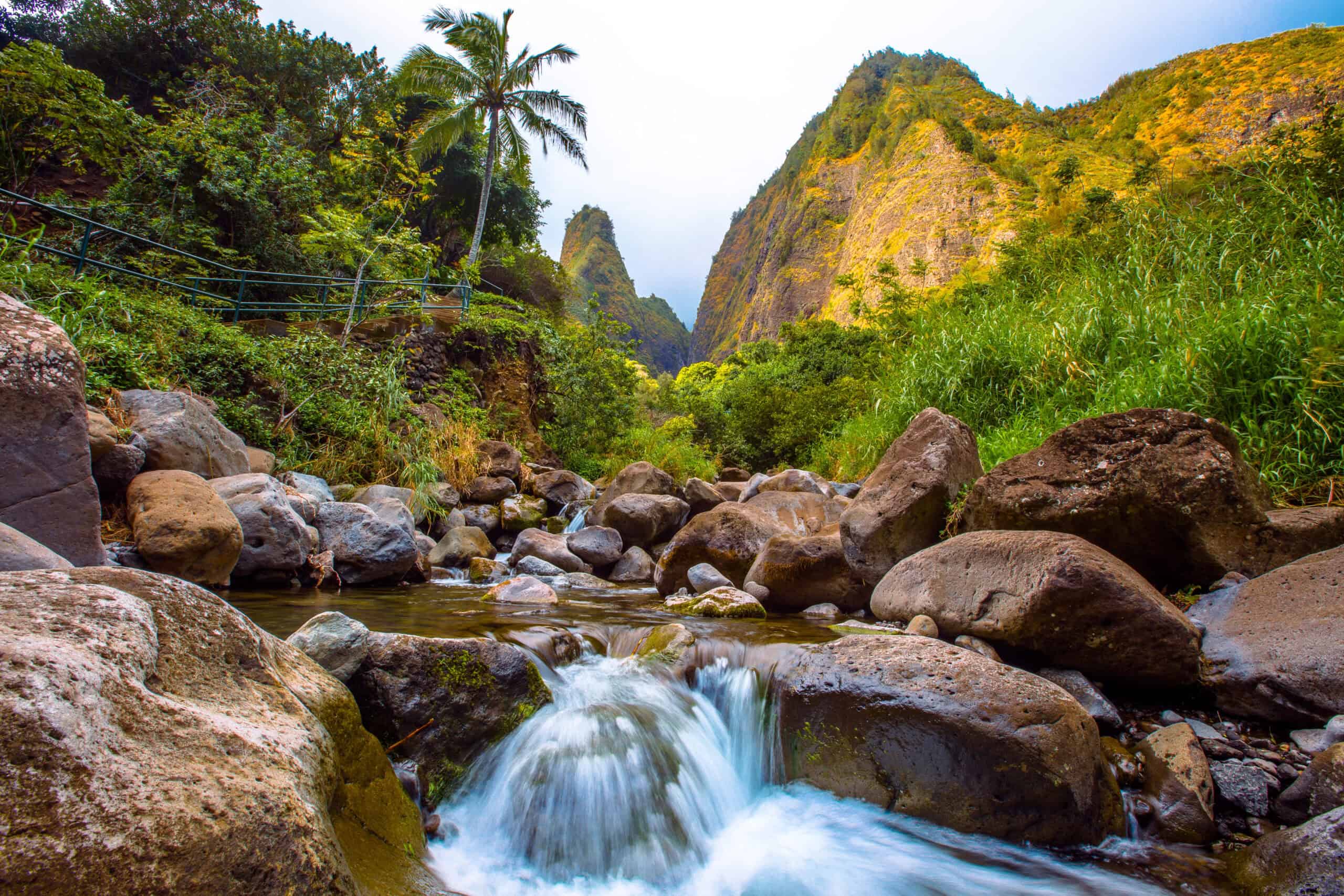
ʻĪao Valley State Park caters to hikers of all experience levels with its well-maintained trails and relatively moderate inclines. The Kepaniwai Trail—named after a historic battle—winds through the valley floor, offering glimpses of ancient temples and taro fields. There are educational plaques along the trails to shed light on the cultural significance of the area.
The ʻĪao Needle Lookout Trail is the main attraction of the park where you can see the peak of Kuka’emoku (the ʻĪao Needle), a natural rock formation that rises 1,200 feet from the valley floor. The Ethnobotanical Loop Trail allows you to see native Hawaiian plants used for medicinal and cultural purposes. Both of these trails are paved.
ʻĪao Valley State Park is a nice option for families as the slopes are smaller, the paths are paved, and the trails are relatively short.
Kapalua Coastal Trail
The Kapalua Coastal Trail offers a nice contrast to Maui’s more strenuous hikes. This relatively easy, 2.5-mile out-and-back trail is perfect for families, casual hikers, or those seeking a scenic stroll along the coastline. The trail boasts a mostly flat, well-maintained path that traverses many different areas including Kapalua Bay Beach, Oneloa Bay, and D.T. Fleming Beach Park.
Waihou Spring Trail
The Waihou Spring Trail resides within the Waihou Spring Forest Reserve, and is a moderately challenging trail, suitable for most fitness levels. The well-maintained trail winds through towering eucalyptus and cypress trees, and leads you through remnants of an old irrigation system, serving as a testament to the island’s agricultural history. A hidden gem at the end of this trail is the Waihou Spring, and depending on the season, the spring may cascade into a series of waterfalls.
Hawaiian Culture & Botanical Plant Tour
While not a hike through a national park, the Hawaiian Culture & Botanical Plant Tour at Maui Ocean Center takes you on a 90-minute walk throughout the aquarium so you can experience Maui’s native flora and fauna all in one place (and escape the rain if Mother Nature ruins your outdoor hiking plans). The tour is led by our naturalist and is a wonderful blend of education and exploration between the connection of our land and our ocean. And once you’re done, you can stick around and experience our other amazing experiences and exhibits.
Maui Hiking 101
Here are some important things to know before you go hiking in Maui:
What to Ask
- Is this the right hike for me? Maui has hikes for all fitness levels, from short and easy nature walks to more challenging treks. Do your research on the available trails within your appropriate experience and fitness level.
- What’s the weather going to be? Maui’s weather can quickly change so check the forecast before you go. This will influence whether you have the right shoes or if you have enough wet weather gear.
- Does someone know where I’m going? Always let a family member, friend, or member of the hotel staff know what trail you’re planning to hike and when you expect to be back.
- Do I need a permit or reservation? Some trails require permits or reservations so look online for more information once you figure out which trail you wish to hike.
What to Bring
- Water. You should drink at least one liter of water for every two hours of hiking. Your best bet is to bring more than you think you need.
- Snacks. Pack some high-energy snacks to keep you fueled throughout your hike.
- Sun protection. Wear mineral sunscreen, a hat, and sunglasses to protect yourself from the sun.
- Bug spray. Mosquitoes and other bugs can be a nuisance so bring the right spray to keep them at bay.
- A rain jacket. Even if the forecast says it’ll be sunny, it’s always a good idea to bring a rain jacket. You never know when sudden showers may strike.
- First-aid kit. Minor injuries happen, so don’t get caught without the right equipment.
- Hiking shoes. This may seem obvious but that rocky and sometimes uneven terrain can pose a challenge. Sturdy hiking shoes with good tread provide traction on these trails.
- Camera. We want you to enjoy the scenery and beauty of Maui first hand, but don’t forget to bring your camera. The photos will be great to look back on.
What to Know
Some trails may have loose rocks, so be sure to watch your step and stay alert. Hawai’i’s rich ecosystem also means you might encounter unfamiliar plants and animals on your hike. Please admire them from a safe distance and avoid touching or bothering them. And remember to be responsible with your trash and leave no trace behind.
When you’re done with your outdoor Maui adventure, move it inside at Maui Ocean Center. We have amazing exhibits, experiences, and so much more so you can experience Maui’s beautiful flora and fauna with us. Get your tickets today!
When traveling to Maui there will never be a shortage of things and places to see. Make sure you’re always abiding by local and cultural laws when exploring the natural beauty of Maui and most importantly, relax! That’s what you came to do after all.

